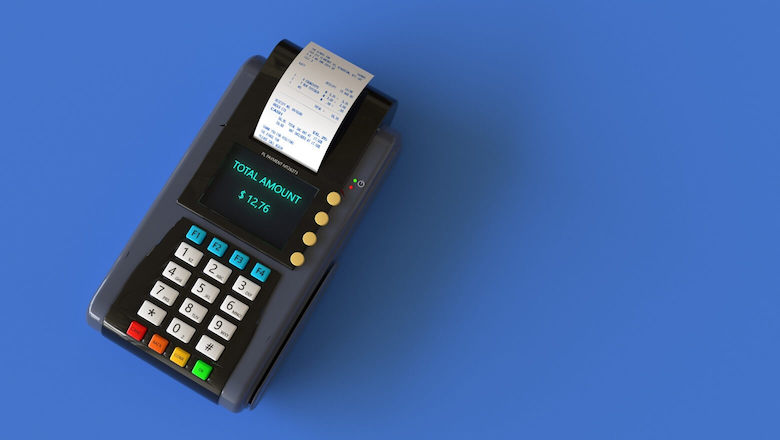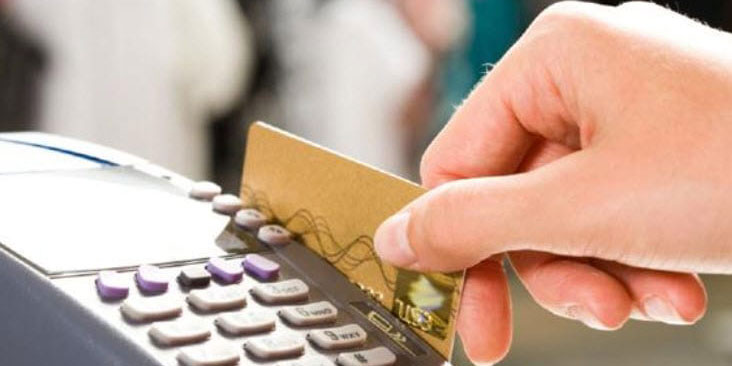You may dispute charges on your credit card that you knowingly created and freely paid for in certain situations, which brings us to our simple answer: yes. This complies with the Fair Credit Billing Act, which offers certain rights to customers about the transactions they make using their credit cards. Credit card disputes give customers a way to get their money back after transactions. These disputes may be filed because of a mistake in invoicing or because the customer was not provided with the promised products or services.
What It Is That You Can Dispute
Fraudulent charges
You are required to promptly report any unauthorized charges that appear on your account if you discover that they were not incurred by you or another authorized user of your account. Creditors will normally conduct prompt investigations into these situations, give refunds, and potentially alter your account number if necessary.
Billing error
In contrast to a charge made fraudulently, this is an instance in which you have the right to dispute a charge made for a purchase that you genuinely made. It's possible that a seller put the wrong amount into their system, or you were charged for things you didn't even get.
If you are not content with the quality of the products or services provided to you
You have the legal right to get your money back, regardless of whether the item you ordered was delivered damaged or faulty or if you paid a service provider that did not fulfill their obligations. But before that, you have to make an attempt that's up to par to convince the store owner to give you your money back. You have the right to dispute the charge if they refuse.
What You Should Not dispute and Why
A charge made on a credit card must be disputed responsibly. When you submit a dispute, the shop not only loses the transaction but also faces an extra expense known as a chargeback fee, which may vary anywhere from $20 to $100, depending on the severity of the situation. It's called "friendly fraud" when you do it on purpose to get something for free or because you're unhappy with a transaction you made. Keeping this in mind, the following are a few situations in which you should not dispute a charge:

Suppose a close friend or family member made the acquisition. Imagine if your child chooses to make purchases without your knowledge using their tablet or if they use your Amazon account to place an order using the one-click feature.
If you did not, try to resolve the problem by contacting the vendor. You make an order for catering and pay for it using a credit card; however, something is missing from the order when the food comes, and the sandwiches are prepared incorrectly. Your first line of defense should always be to give the caterer a call and let them know about the mistake they made. You have the right to initiate a dispute if they do not take action, but before you do so, you must allow the seller to set things right.
How to dispute a Charge Made on Your Credit Card

Ensure that you have a strong argument: Was the charge legitimate, or did someone steal your card number? Did the business make a mistake with the prices they are unwilling to correct? Were you unhappy with the products or service, but the seller refused to provide you with a refund? Have you returned an item but not received the credit that should have been applied to your account? You should have a solid case in any of those three possible circumstances.
Gather evidence that will help you make your case, such as a copy of the bill with the price problem highlighted, a screenshot of your interaction with the seller showing that they refused to provide a refund, proof that you returned the item, etc. To provide only one example: "This may include a copy of your bill that shows the price issue."
In a timely way, you should file your dispute. You may do this online with certain credit card issuers; otherwise, you can send a letter by mail. Ensure that your account is documented in writing and that you upload or submit copies of any material that substantiates your claims.




